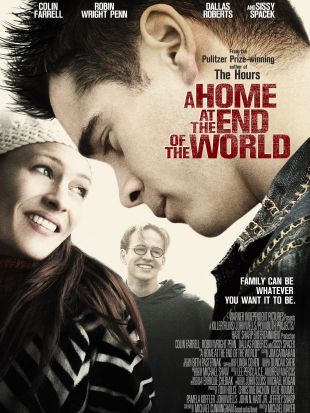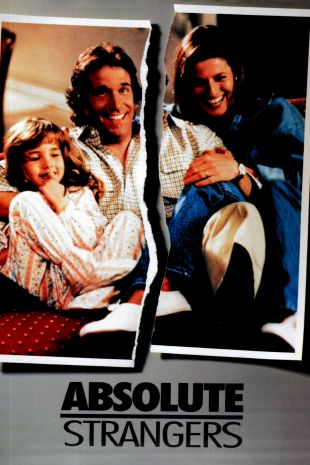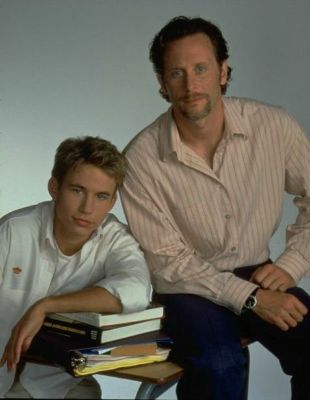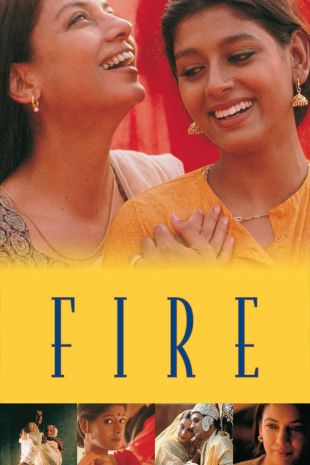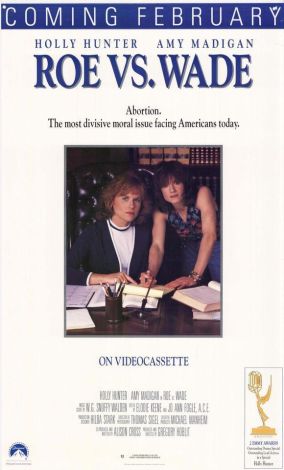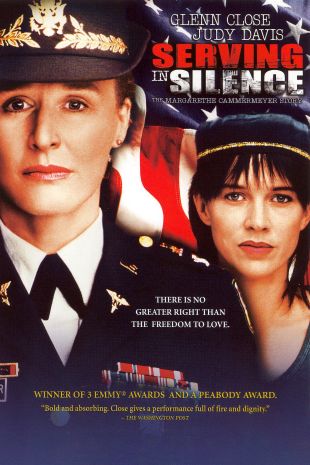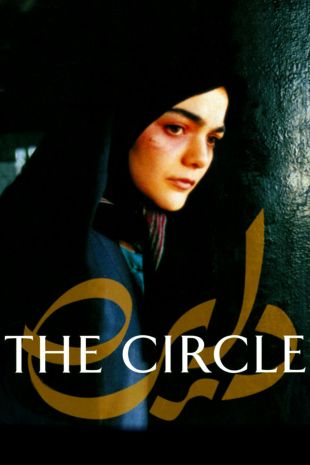
If These Walls Could Talk 2 (2000)
Directed by Anne Heche / Martha Coolidge
Genres - Drama |
Sub-Genres - Feminist Film, Gay & Lesbian Films |
Release Date - Mar 5, 2000 (USA - Unknown), Mar 5, 2000 (USA) |
Run Time - 100 min. |
Countries - United States |
MPAA Rating - R
Share on
Synopsis by Mark Deming
This three-part drama, produced for HBO, examines the changing tides of the lives of lesbians in America, both politically and personally, as we eavesdrop on three stories taking place in the same house over a span of five decades. In 1961, the house is home to Edith (Vanessa Redgrave) and Abby (Marian Seldes), an elderly lesbian couple whose lifestyle is not accepted or acknowledged by their families. When Abby suffers a serious stroke and is on the verge of death, her family rallies to her side, but not understanding the nature of her relationship with Edith, she is not included as her loved ones say their final good-byes. After Abby's death, her nephew (Paul Giamatti) and his wife (Elizabeth Perkins) arrive from out of state with plans to sell the house, without consulting Edith. In 1972, the house is now home to four college students, Michelle (Amy Carlson), Linda (Michelle Williams), Karen (Nia Long), and Jeanne (Natasha Lyonne), all of whom are actively involved in the women's movement and also happen to be lesbians. The four find themselves at odds with the campus women's group when they try to promote an all-women's dance, while the other members of the group feel that feminism, not lesbianism, should be the focus of the group. Similarly, Linda faces hostility from her friends when she becomes involved with Amy (Chloe Sevigny), a very butch townie; Linda's friends see Amy's masculine attire and attitude as a form of self-loathing against being a woman, and while Linda cares deeply for Amy, she's not always comfortable with her and isn't sure that she wants to be public with their relationship. In 2000, Fran (Sharon Stone) and Kal (Ellen DeGeneres), a happy and firmly committed couple, are sharing the house, and after much discussion, they decide that they want to take their relationship to the next level and have a baby. However, deciding that they want a child and dealing with the practicalities of getting pregnant are two different things; Fran and Kal first debate about going to a sperm bank as opposed to asking one of their male friends to help out, and later, either going to a doctor to perform the procedure or trying it at home. DeGeneres' significant other, Anne Heche, wrote and directed the final segment; the 1972 story was directed by Martha Coolidge, and the 1961 episode was directed by Jane Anderson.
Characteristics
Moods
Themes
Keywords
lesbianism, artificial-insemination, homophobia, sexual-orientation, social-change, social-injustice, feminism
